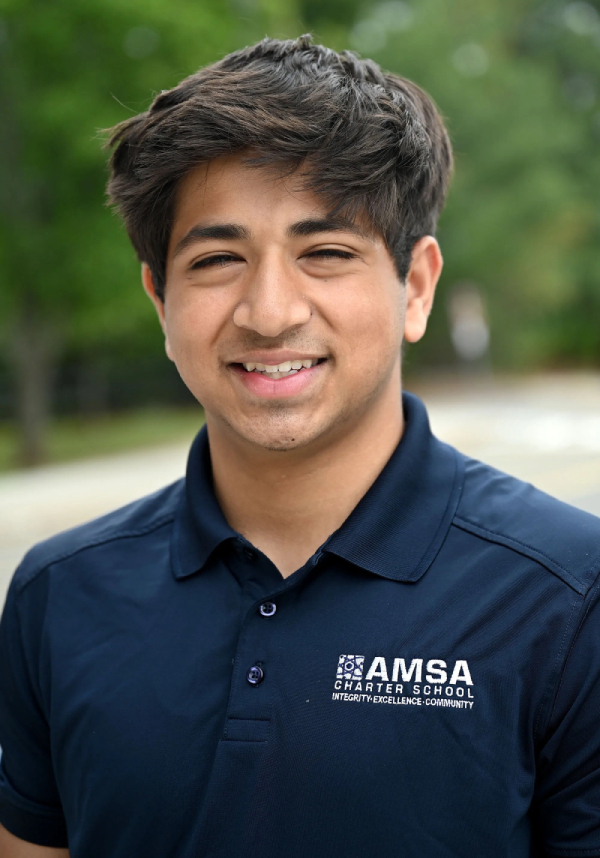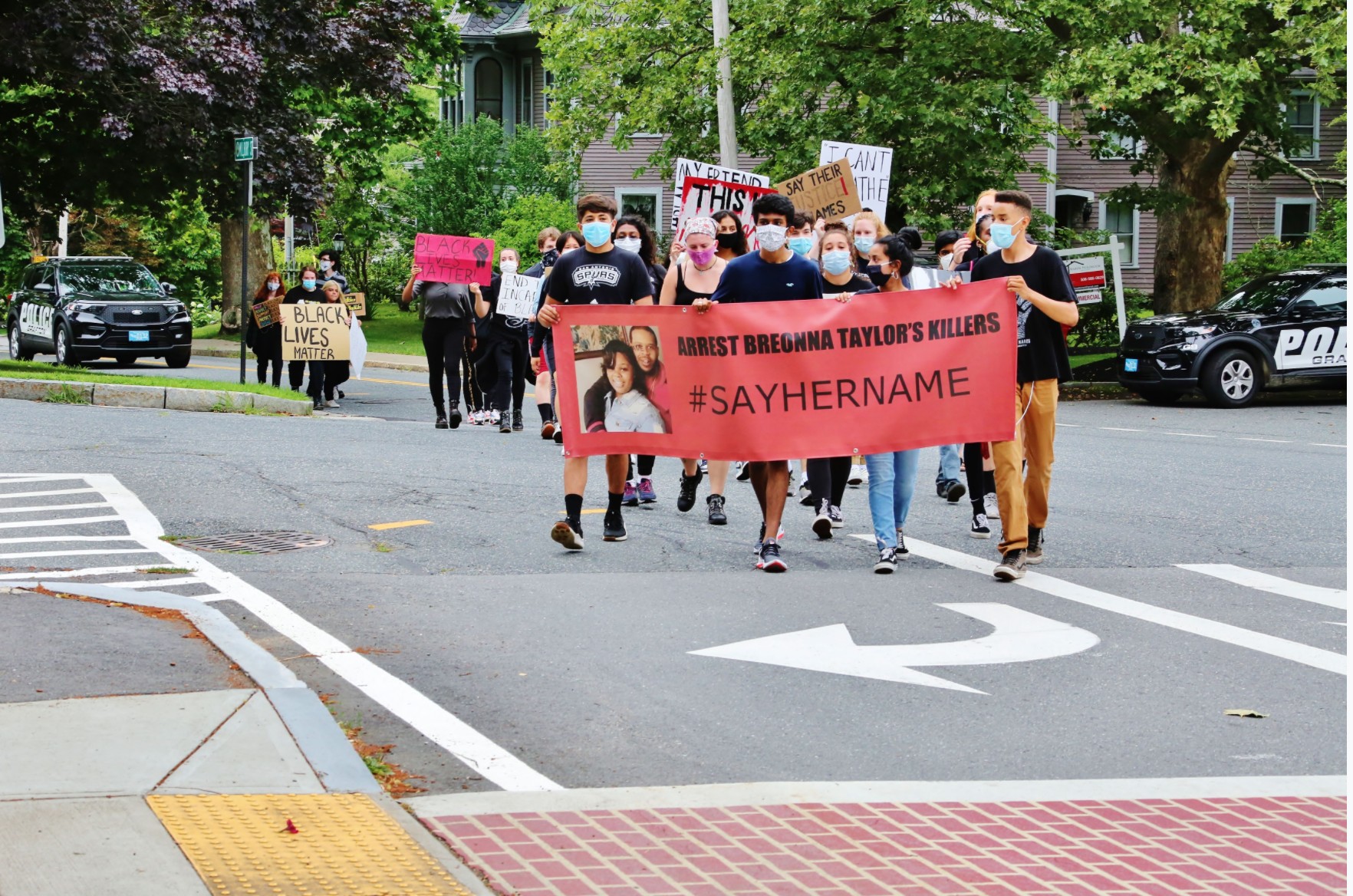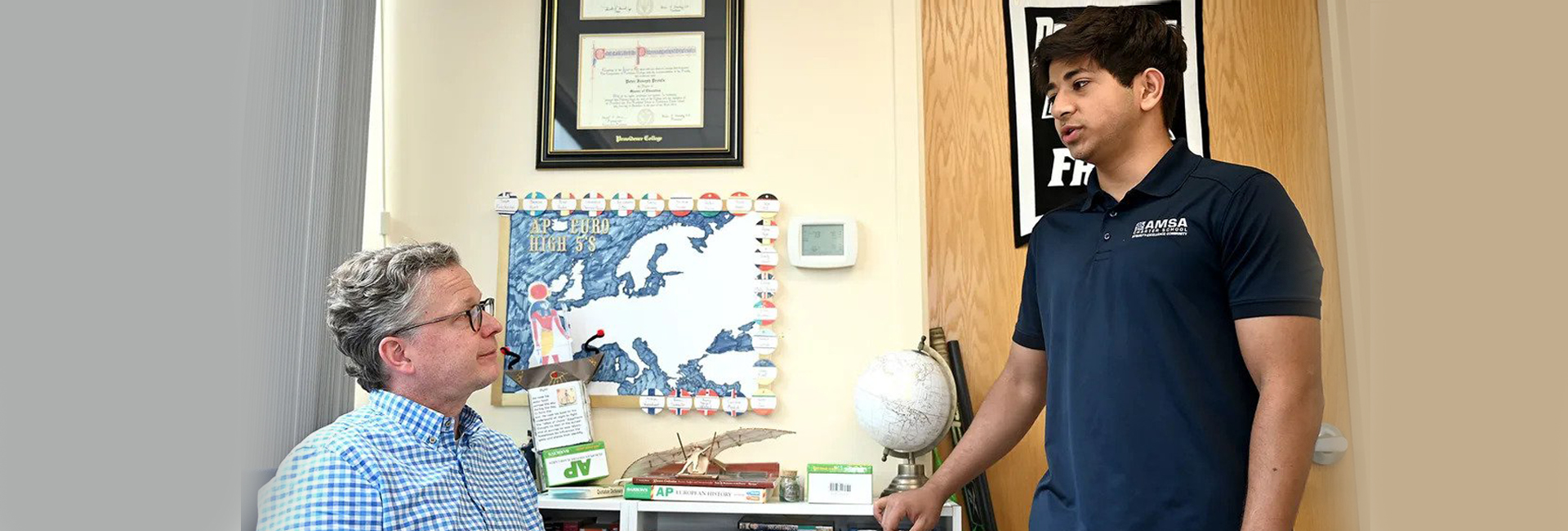(July 28, 2023) Shrewsbury resident Aryan Kumar, an 18-year-old activist from Massachusetts and one of the 161 recipients of the US Presidential Scholar 2022 award, believes that a single email could be the catalyst for a transformative program benefiting thousands of rural Indian residents. Through his initiative, Forgotten 32, Aryan aims to promote dental hygiene in India’s rural villages. This impactful program not only addresses a pressing health issue but also showcases the potential of young Indian Americans in making a significant difference in the world.
Aryan’s journey started when he discovered the alarming lack of awareness about oral hygiene among people in India. Motivated by this revelation, he took it upon himself to educate underprivileged children in the country about the importance of dental care. To support his cause, Aryan collected essential supplies from local dentist offices and distributed them to those in need, making a meaningful impact on the lives of many vulnerable individuals.

Aryan Kumar
“I emailed a lot of dentists in Central Massachusetts to see if they would donate dental floss, toothbrushes and toothpaste to help,” he told MetroWest Daily News in an interview, adding, “We got around 1,000 donations, and I brought them to India and travelled a few hour outside of New Delhi to poorer villages and spoke in Hindi to teach children about these things and explained how to use them, before giving them to the kids.”
His relentless efforts as a senior at the Advanced Math and Science Academy yielded remarkable results, benefiting thousands of children through his partnership with the Ekal Vidyalaya Foundation, which facilitated the distribution of dental hygiene supplies to those in need. However, the pandemic put a screeching halt to the plan. Not one to be fazed by roadblocks, the activist has plans in place, “My ultimate goal is to set up full-time medical clinics in rural India.”
The recipient of US Presidential Scholars medal believes that more than grades, it’s the extracurriculars that distinguish him from his peers. “A high SAT score is impressive but a lot of people have that. I have a pretty high GPA, too, but I don’t think those are the separating factors. I think the separating factors for me were the extracurriculars I was a part of,” the activist added.
In addition to founding Forgotten 32, Aryan Kumar is also the visionary behind Enough is Enough, a non-profit dedicated to promoting social justice and combating police brutality and racism in Massachusetts. Boasting a membership of over 2000 individuals, the organisation played a pivotal role in coordinating impactful Black Lives Matter protests across central Massachusetts. Its significant influence has grown exponentially, with more than 30 chapters established throughout the United States, amplifying the fight for equality and justice in communities across the nation.


Aryan leading the Enough Is Enough initiative
With a passion for biology, Aryan Kumar is set to embark on his academic journey at Washington University in St. Louis this fall. Demonstrating his dedication to the field, he used his summer to assist college students in their research projects, seeking a deeper understanding and perspective before finalising his career path.
“I cold-emailed about 100 professors. I got three responses — one saying no, one saying they had retired, and one from Dr. Lynn Adler (from UMass Amherst). I spent a lot of time working with her and Ph.D. students on their projects, to see if I really wanted to do biology and if this was something I was cut out to do,” he told the daily.
Aryan has set a academic path for himself but at the same time he wants to continue to dedicate his time and efforts to the impactful initiative he founded, Forgotten 32, where he strives to make a difference in the lives of underprivileged children in rural India by promoting dental hygiene and providing essential support.
- Follow Aryan Kumar on Linkedin



